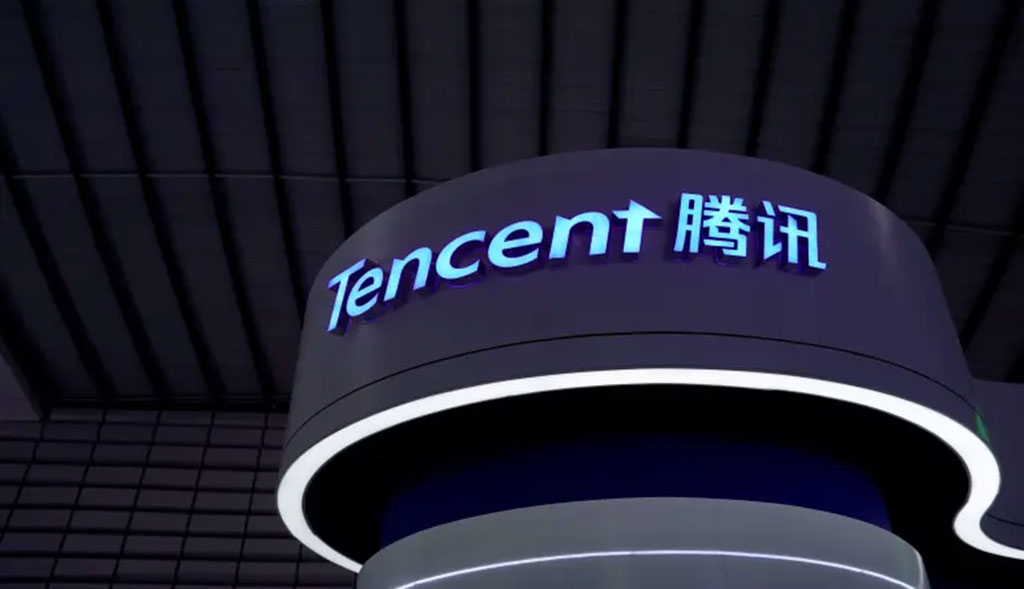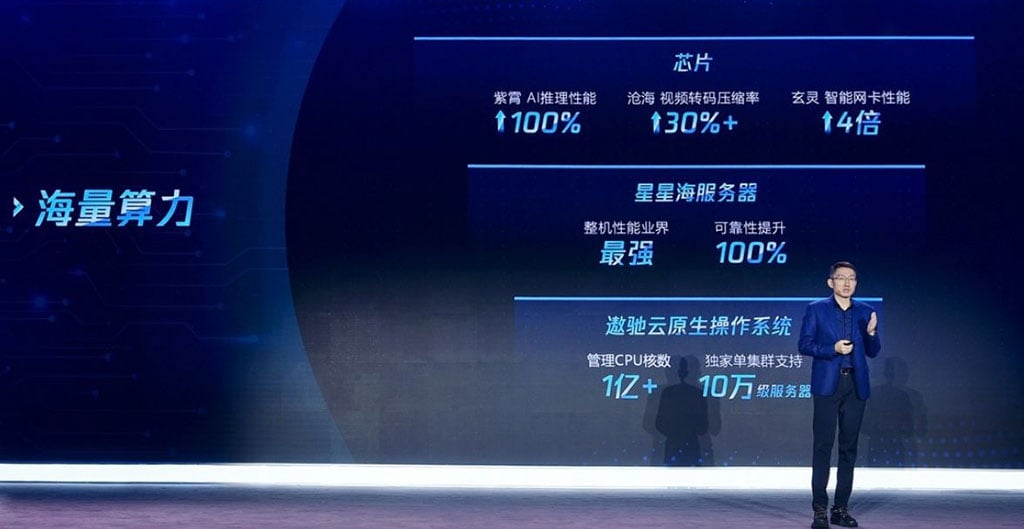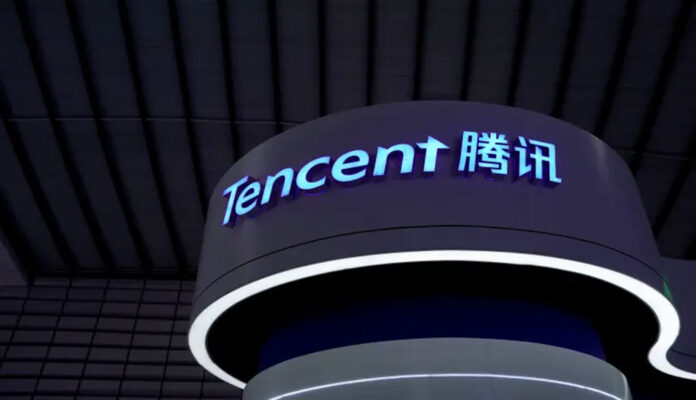Trio of chips is specialised for machine learning, video transcoding, and networking.
Tencent Holdings, a Chinese tech giant and the largest video game maker on the planet, has revealed its first in-house-designed chips. A trio of chips has been designed by Tencent, and they all fill a particular niche in the data centre. Like other cloud infrastructure giants, Tencent is clearly looking at optimising business costs and operational efficiency with custom chips. In China, semiconductor self-sufficiency is a particularly good idea due to ongoing US technology trade sanctions and supply-chain logjams.

“Chips are the key components of hardware and the core infrastructure of the industrial internet,” said Dowson Tong Taosang, president of Tencent’s cloud and smart industries group. “Facing scenarios with strong business needs, Tencent has had a long-term plan and investment for chip R&D.”
Turning our attention to the hardware, the trio of new Tencent chips is as follows:
- Zixiao: an AI accelerator chip which will be tasked with speeding up tasks such as processing images, processing video, and interpreting natural language. Zixiao is claimed to be twice as fast as a rival chip previously used by Tencent.
- Canghai: seems to concentrate its strengths wholly on video transcoding. One slide shown at the presentation said the new processor would enable real-time 8K / 144fps video for Tencent cloud services customers. Canghai can perform 30 per cent faster than existing solutions, said Tencent.
- Xuanling: The last piece of the server processor jigsaw is Xuanling, which is optimised for networking tasks. As a cloud services provider, this less glamorous chip might be just as important, if not more, for Tencent’s operational plans and its competition vs. Alibaba.

Rival Alibaba launched its own in-house server SoC last month – the Yitian 710 chip, based on the Armv9 architecture, and fabricated at 7nm. Unfortunately we don’t have much in the way of technical details behind the new chips from Tencent, neither the underlying architecture(s) nor the contracted chip foundries.


